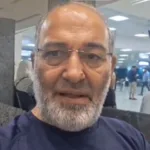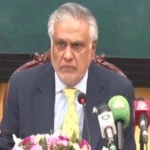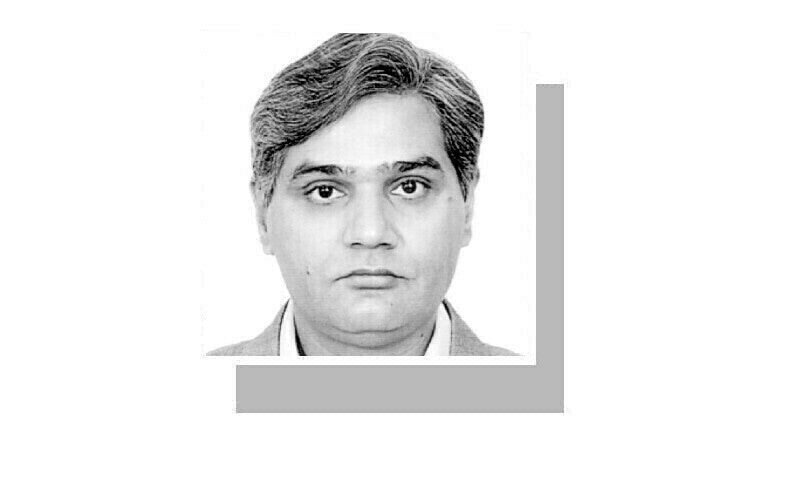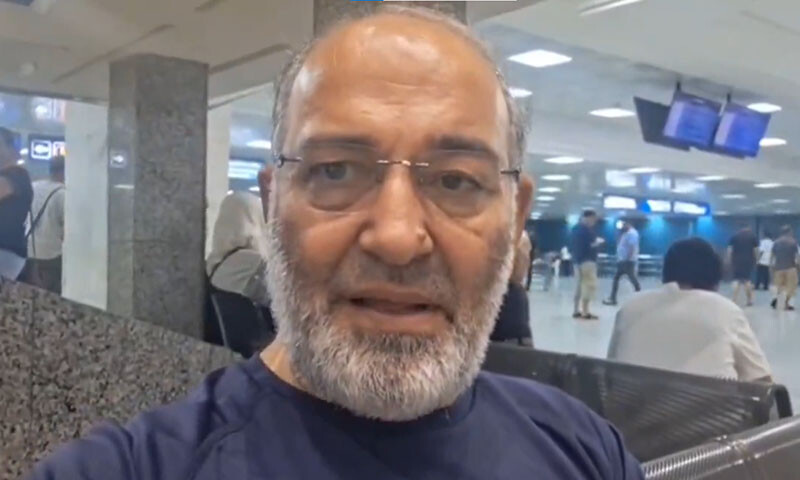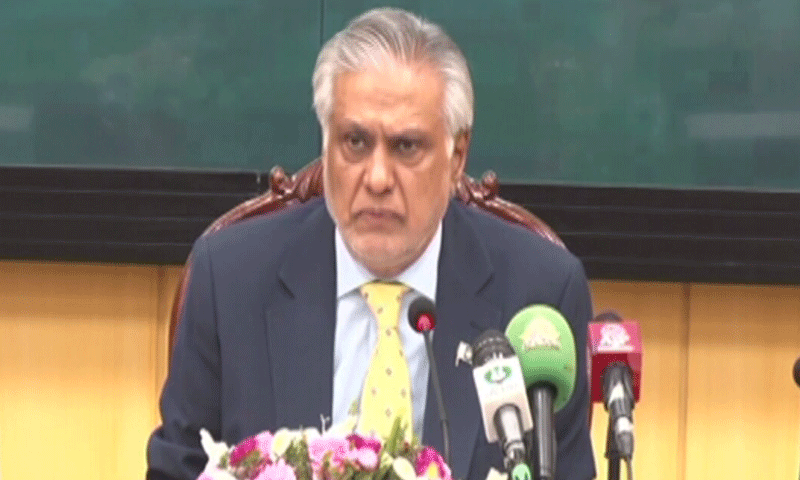With the fall of the Assad regime in Syria, the militant landscape of the Middle East has been in the middle of a rapid transformation. Armed groups are under immense pressure to change tactics, and many alter their strategies. Others are undecided due to ideological and geostrategic considerations.
A particularly significant development is the call of Abdullah Öcalan, a founding member of the Kurdistan Workers Party (PKK), urging his group to disarm and dissolve. This announcement will surely have long -range implications for the region; It is likely that the Öcalan message resonates between several Kurdish armed factions, in particular those found in the northeast of Syria and northern Iraq, and that have historical links with the PKK. It would be interesting to see how the Kurds groups supported by Syrian Democratic Forces (SDF) will react to development, given their deep connections with the PKK. The Öcalan statement could remodel the political and military dynamics of the region.
The SDF was not invited by Hayat Tahrir al-Sham, backed by Türkiye, who knocked down the Bashar al-Assad regime in Syria, to participate in a dialogue to form a new transnational government due to the pressure of Ankara. However, SDF leaders have confirmed that they are in conversations with the new authority in Damascus. In fact, the HTS will consider the advice of Ankara to deal with the SDF, while deactivating Öcalan pressure would be a challenge for the SDF. The SDF is also waiting for a response from the new administration in the United States to see how it will react to recent developments. The announcement of Öcalan will probably be more pressure and will isolate the SDF, which forces it to decide which path to adopt. Initially, the SDF denounced Öcalan’s call and declared that it had nothing to do with Syria.
The tolerance of non -state actors of all ideological and political tones in the Middle East is quickly reducing, with Iran apparently only to support the resistance of non -state actors in the region. The call of the PKK to disarm after 40 years of resistance, during which 40,000 lives were lost, will have a consistent impact.
The call of the PKK to disarm after 40 years of resistance will have a high range impact.
The Middle East is changing, and it remains to be seen if the changes will be limited to the region or other areas, including Pakistan. The most curious case would be that of the Baluchistan Liberation Army (Bla), which seeks inspiration of the PKK and other Kurdish militant movements.
Bla is an ethno-nationalist militant group with leftist trends; It is also one of the most active insurgent groups among the 10 main separatist movements of the left worldwide. It is known that secular left -wing separatist movements are inspired by the configuration of their ideological and political paradigms, as well as to refine their tactics and strategies. In addition, such movements are open to the influences of religiously motivated groups, especially in the area of operational tactics. For example, together with the influences of other leftist militant movements, the Bla has also adopted tactics of Al Qaeda and the TTP, including the use of suicidal bombardments in their operations.
Among the leftist insurgences, the Bla is mainly influenced by militant movements in Türkiye, Syria, Iraq and Iran, seeing them as historical parallels. This influence was certainly evidenced when the BL appointed one of its female suicidal terrorists Zilan Kurd after a Kurdish woman who, on June 30, 1996, carried out a suicidal attack aimed at Turkish soldiers in Dersim. The real name of Baloch Zilan was Mahal Baloch, a student of the seventh semester at the University of Tobat, and originally from Gwadar. Interestingly, the Bla assigned this name in February 2023, the same year that the Democratic Autonomous Administration of Syria Norte and Eastern, also known as Rojava, declared support for the Bla, highlighting the similarities between the struggles of Baloch and Kurdish.
Despite these ideological parallels and symbolic connections, concrete ties have not been established between the militant groups of Bla and Kurdo, apart from the speculation that the Bla sought to take advantage of the Kurdish networks to gain legitimacy in the West, particularly from the United States, which has designated Bla as a terrorist organization. Rojava, the militia backed by the United States in Syria, obtained the support of the West to fight the militant group of the Islamic State; The Bla is often accused of having links to the TTP, a link that contradicts its ideological left inclinations. While the alleged link between the Bla and the TTP is ambiguous, the Bla has been significantly influenced by Kurdish militant groups in their inclusion of women in their ranks. Women have actively participated in operations, and more and more, the names of the women’s militants are in the headlines.
Apparently, there is no direct comparison between the evolutionary situation in the Middle East and that of Pakistan and Afghanistan, but it is likely that recent developments invite introspection among the insurgents of Baluchistan, mainly the blade. Possibly, they reflect on how their sources of inspiration have been pressed despite the military and financial support that the United States has provided. This may not be an era in which resistance movements can be easily successful. You can learn lessons from Colombia to the Philippines, where ethnoconationalist movements of the left are tested. The PKK was disarmed without achieving substantial profits. The Bla, being the most active group in this club, could use this as an excuse to continue its resistance against the State.
This reflection is not limited to non -state actors. State institutions can also learn that starting change can break the cycle of violence. A significant difference can be made by adopting a more inclusive approach to Baloch, incorporating them into a broader national cohesion scheme, addressing their political and economic complaints and, most importantly, reviewing policies in matters as missing persons. The State and insurgents could maintain the cycle of violence for decades, but the cost will be immense, affecting the economy, peace and national cohesion.
The writer is security analyst.
Posted in Dawn, March 2, 2025
